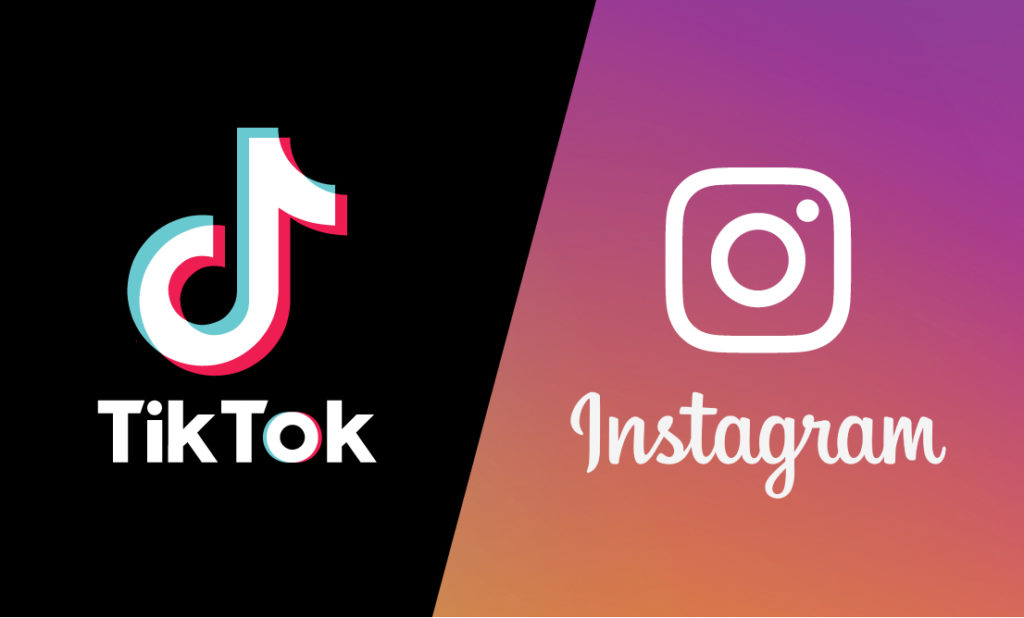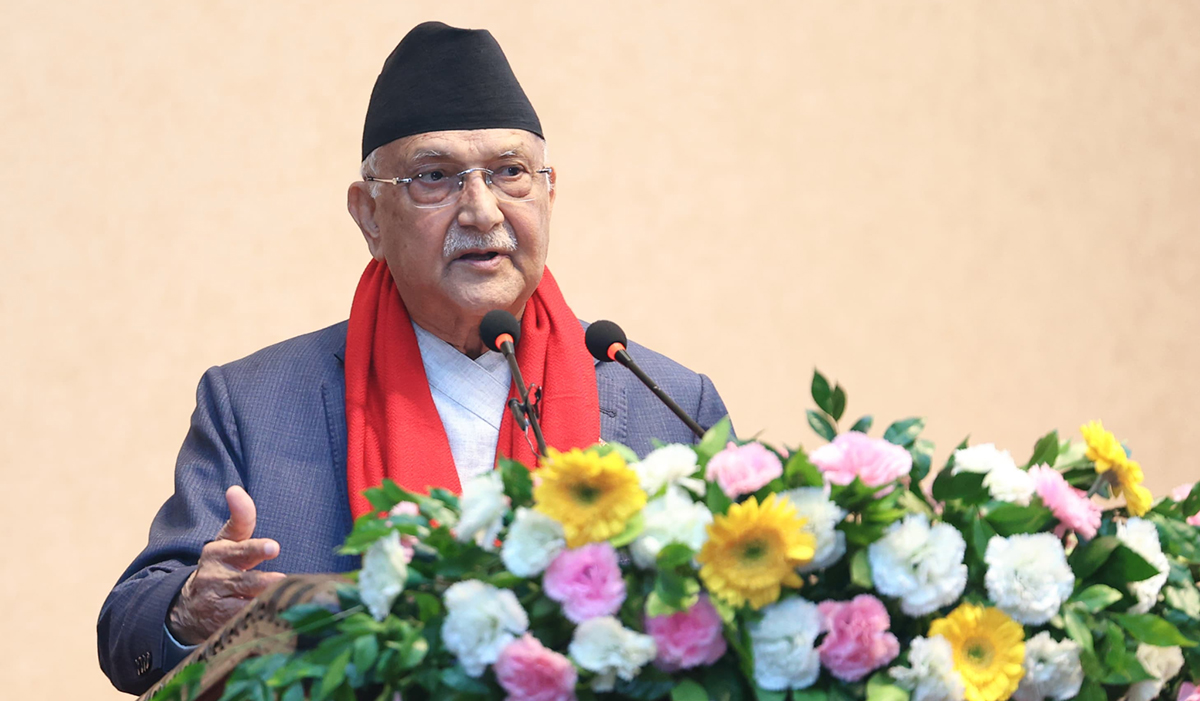Instagram chief admits TikTok is its strongest competitor ever
America copying Asia!
 NepalPress
NepalPress

NEW YORK: Photo-sharing service Instagram announced recently that it’s launching two of its biggest priorities — online shopping and its new Reels short-form video feature, to compete with viral social media network – TikTok.
On one hand, businesses and creators can insert product tags while creating Reels videos, and consumers can choose to “view products” to either buy or mark them for later use – thus completing the loop.
“It’s important to us that we create meaningful ways for creators to make a living on Instagram, because otherwise they’re going to go to the competition” like Snap and Google’s YouTube, said Instagram chief Adam Mosseri in an interview.
“So it’s actually primarily interested in helping them better make a living, but also because we think that an important part of the future of shopping is shopping through the eyes of people that you look up to.”
Mosseri said that there’s an enormous long-term opportunity for Instagram in shopping over the next five to 10 years, although it’s more complicated than its traditional advertising business.
“You have to do custom payment integrations and they vary from country to country. You have to do custom inventory management system integrations, and that space is incredibly fragmented from retailer to retailer. So, the rate of progress is going to be slow in the beginning.”
Playing catch-up with TikTok
Mosseri spoke as the company was expecting lawsuits from the U.S. Federal Trade Commission and 48 state attorney generals’, who alleged on Wednesday that the company with its monopoly in social networking and has used its scale and acquisitions to stymie competitors.
He pointed to TikTok as an argument against the idea that Facebook has squashed its competition.
“TikTok is an incredibly formidable competitor, probably the most formidable competitor we’ve ever seen. They are very focused, they’re determined, they execute incredibly well. This is a company that cloned Musical.ly, grew so much that they actually could afford to buy the thing they cloned, and … willed this short-form entertaining video content or format into existence, and they deserve a lot of credit for that,” said Mosseri.
“This is us trying to playing catch-up in a lot of ways, build out a suite of features for creators to inspire them to use our platform more, because without compelling content there’s no reason to go to Reels in the first place.”
He also addressed the possibility that the lawsuit might end in a verdict forcing Facebook to divest Instagram, which it acquired for $1 billion in 2012.
“I think the key thing there is to understand what problem you’re trying to solve and what the consequences are. The consequences though, I think would be really, really significant for the people who use and rely on Instagram,” Mosseri said.
“We can make our messaging products more compelling by working with and leveraging the work from the Messenger team. We can make our Creator suite of tools more compelling by leveraging work from the rest of the family as well to help creators reach more people, and have more monetization tools. Possibly most importantly we can do more to keep people safe.”
He said there are more engineers at Facebook working on safety and integrity than there are total engineers working at Instagram.
While arguing that breaking up Facebook would hurt consumers and small businesses, he also repeated a frequent plea from CEO Mark Zuckerberg for regulation around content. Instagram doesn’t really want to be in the business of defining hate speech, for example.
But he stressed that Instagram aims to be a partner for small businesses – in contrast to the image painted by the FTC of a monopolistic behemoth.
For instance, Apple is planning to make some privacy changes in iOS 14 that could hurt Facebook’s ability to target advertisements. Mosseri portrayed this as harmful to small businesses.
“I think the important thing to understand is that the advertising tools we built are an amazing equalizer for small businesses. They provide these capable, powerful ways of finding and identifying customers to small businesses that previously were only available to big businesses. And so, yes, privacy is incredibly important. And there I keep stressing transparency and control. But we need to make sure that we don’t break the system in a way that then actually ends up preferencing large businesses at the expense of small businesses, which I worry is a real risk.”














